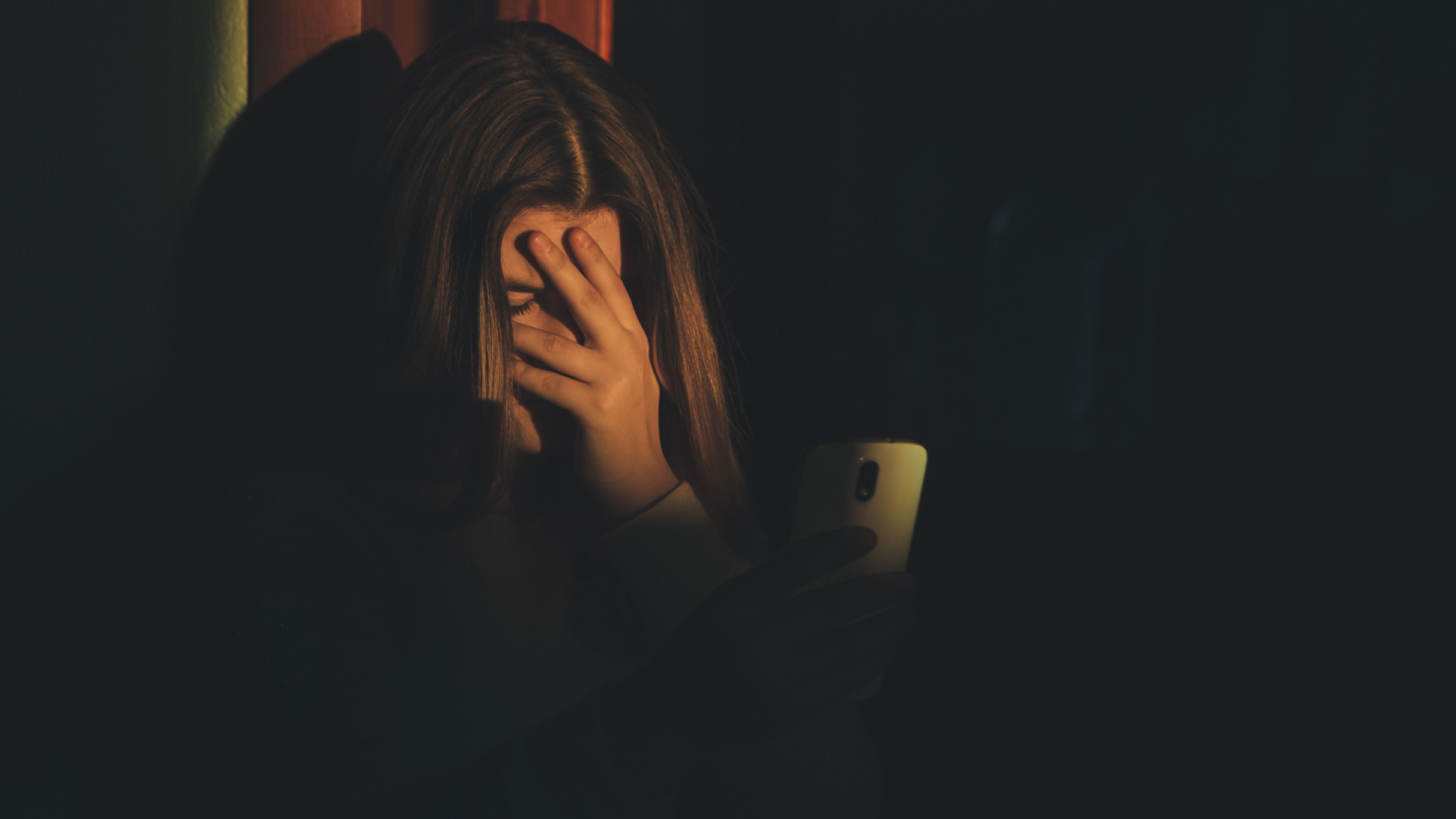Elon’s Twitter update will make Twitter completely unusable for women
I'm ready to leave

Sign up for breaking news, reviews, opinion, top tech deals, and more.
You are now subscribed
Your newsletter sign-up was successful
Every few weeks since Elon Musk took over, it seems Twitter users have to brace for the next strange update; whether that’s paying for blue ticks, having them stripped away completely, or losing the accounts of deceased loved ones to ‘free up usernames’. It’s not been a fun time on Twitter as of late - and it’s about to get a whole lot worse for women on the app.
It seems Elon’s latest idea is to simply turn Twitter into Whatsapp, allowing users to send each other voice notes and, in a move that nobody seemed to ask for, Twitter will apparently let users call anyone on the app, whether you follow them or not.
women are not safe https://t.co/Ln5o1UgL3hMay 9, 2023
This is bad news for women on Twitter, and quite frankly I shouldn’t have to explain why. A study across 51 countries shows that 38% of women have personally experienced online harassment, with only one in four women actually reporting it. Since Musk has taken over, there has been a noticeable surge in misogyny and other antisocial behaviors on Twitter, as reported by the BBC.
Of course, the announcement of voice and video calling features was met with confusion and much-bewildered anger as users came to grips with the possibility of their DMs blowing up with calls from absolute strangers. These new features essentially open the floodgates for women, professionals, small business owners, and prominent online figures to receive non-stop harassment.
E-harassment is everywhere
Digital harassment plagues almost everyone willing to put themselves out there online, but few people feel the sting as rapidly and as often as women on social media. The Council of Europe identifies three types of online violence against women, which includes online sexual harassment, online stalking, and psychological violence.
The Council gives several examples of the different types of harassment, which include unsolicited sexual images, revenge porn, and rape threats. While these are all experiences many people face daily on social media platforms like Twitter, the one issue that will be amplified with this update will be psychological violence.
People will be able to call other users up directly and leave voice notes that are full of hate speech, insults, and threats. It’s already very easy to tweet or send disturbing and harmful things to users on Twitter, and this will only make things worse.
Sign up for breaking news, reviews, opinion, top tech deals, and more.

The fault with Elon’s logic of ‘you won’t have to give anyone your number for them to contact you’ is that at least you can usually choose who has your number and find out how your number may have been shared. Twitter is an incredibly public platform where people share their thoughts and opinions in bite-sized chunks (unless you pay for Twitter Blue, that is). Any tweet or stance that i random person on the site might take a dislike to can all too easily result in spamming and harassment.
There are also a number of young people on the app, so the new feature adds another layer of concern over online safety. You’re able to call anyone you choose? We’ll see a lot of young people finding their Twitter DMs flooded and their phones always ringing. This won’t just affect women and kids of course, as people that run their own businesses and semi-famous public figures like streamers or influencers (we’ve yet to hear from Musk how this will work with celebrities and politicians) could find themselves retreating from the app in the wake of a flood of harassment.
Musk will widen the digital gender gap
Gender-based e-harassment is a problem many people have to deal with already, and I am already nervous about what this could look like. As a woman with a public online presence, I find my DMs filled with rape threats, people harassing me over my technical knowledge being inadequate purely because I’m a woman, or graphic images popping up in response to something I’ve retweeted.
The study I mentioned above noted that 9 in 10 women opt to limit their online activity, further increasing the online gender divide, and I can admit to doing the same. I refrain from using Twitter in an open, carefree way because I know how quickly the harassment can follow, and should Musk persevere with the update, we’ll see a lot more women (and probably just people in general) limit their Twitter use or straight-up leave.
Even with safety measures in place, like being able to block calls from people you don’t follow (or just all calls in general), there will be a lot of people out there that won’t be aware that’s possible, won’t change their settings quickly enough, or simply have to have very public, open social media accounts for supporting their professional work.
Unless the new features are integrated on an opt-in, and not opt-out, basis. People could become signed up to the feature without knowing, and then struggle to disable it if they can. We don’t know for sure how this will all be set up, but looking back at the implementation of Musk’s previous updates, we’ll probably see this feature becoming the new default.
So, the app basically becomes unusable for a lot of people. Musk continues to very publicly showcase how little he actually cares about user experience and especially user safety, and I will be waiting to see how quickly things go south if he follows through on this absurd and unsafe decision. He’s prioritizing shock value over users’ safety, particularly myself and other women, and I’m not here for it.

Muskaan is TechRadar’s UK-based Computing writer. She has always been a passionate writer and has had her creative work published in several literary journals and magazines. Her debut into the writing world was a poem published in The Times of Zambia, on the subject of sunflowers and the insignificance of human existence in comparison.
Growing up in Zambia, Muskaan was fascinated with technology, especially computers, and she's joined TechRadar to write about the latest GPUs, laptops and recently anything AI related. If you've got questions, moral concerns or just an interest in anything ChatGPT or general AI, you're in the right place.
Muskaan also somehow managed to install a game on her work MacBook's Touch Bar, without the IT department finding out (yet).